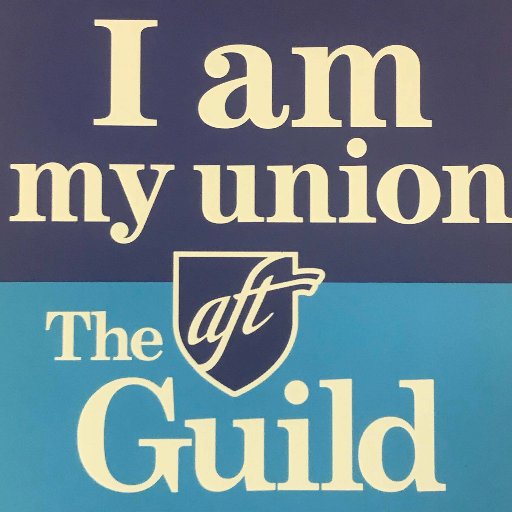A new report from the Economic Policy Institute (EPI) documents that while unionization rates have continued to decline, “union workers have seen less job loss than non-union workers during the COVID-19 pandemic.”
As the EPI analysis outlines:
“Where workers have been able to act collectively and bargain through their union, they have been able to secure enhanced safety measures, additional premium pay, and paid sick time, during the pandemic,” said EPI Director of Policy Heidi Shierholz. “Due to this, unionized workers have had a voice in how their employers have navigated the pandemic, including negotiating for terms of furloughs or work-share arrangements to save jobs. This likely played a role in limiting overall job loss among unionized workers.”
This news is important in that it illustrates the key role unions can play in protecting job security in perilous economic times as well as insisting on worker health and safety. While the decades-long assault on union labor intensified on multiple fronts during the Trump Administration, many union workers were able to weather the storm and had a better chance to maintain their jobs and fight for urgent protections during the pandemic.
What this illustrates is that even as the pandemic exposed deep racial and economic inequities in American society, unions continued to show why they are perhaps the most necessary tool Americans in both the private and public sector have to address our obscene level of economic inequality and the general erosion of workplace rights and protections in the American economy.
Some of the other key take-aways from the EPI report are:
*Union engagement likely played a key role in limiting overall job loss among unionized workers.
*The “pandemic composition effect” also played a role in limiting job losses, as industries with lower unionization rates tended to experience greater job loss during the pandemic.
*While the private sector lost 544,000 union jobs, the unionization rate still ticked up to 7.2%.
*Unionization rates increased in state and local governments but fell in the federal government largely due to attacks from the Trump Administration.
Thus, as we stand at a historic crossroads for the country, the Biden Administration’s commitment to support unions across the board brings new hope for beleaguered American workers in many sectors.
EPI argues that there is much that can be done:
“The Biden administration and Congress must institute policies that promote union representation and collective bargaining as we rebuild our post-pandemic economy and workforce,” said Celine McNicholas, EPI Director of Government Affairs. “Unions played an invaluable role in fighting for health and safety measures during the pandemic, and but they have been under attack by corporate interests for decades. The Biden administration and the new Congress must make passing the PRO Act and other crucial labor law reforms a main priority.”
More specifically, House Resolution 2474, the Protecting the Right to Organize Act (PRO Act), would provide critical labor law reforms that would allow unions to organize in the private sector once again with a reasonable assurance of success, and that overall boost in union density would help start moving the needle on economic inequality and push back against the decades long assault on workers’ rights. This, and a robust defense of the public sector as a vital part of our democracy, would do much to put working people’s needs back at the center of American political life for the first time in a long, long time.
That would be a welcome change indeed.






0 Comments